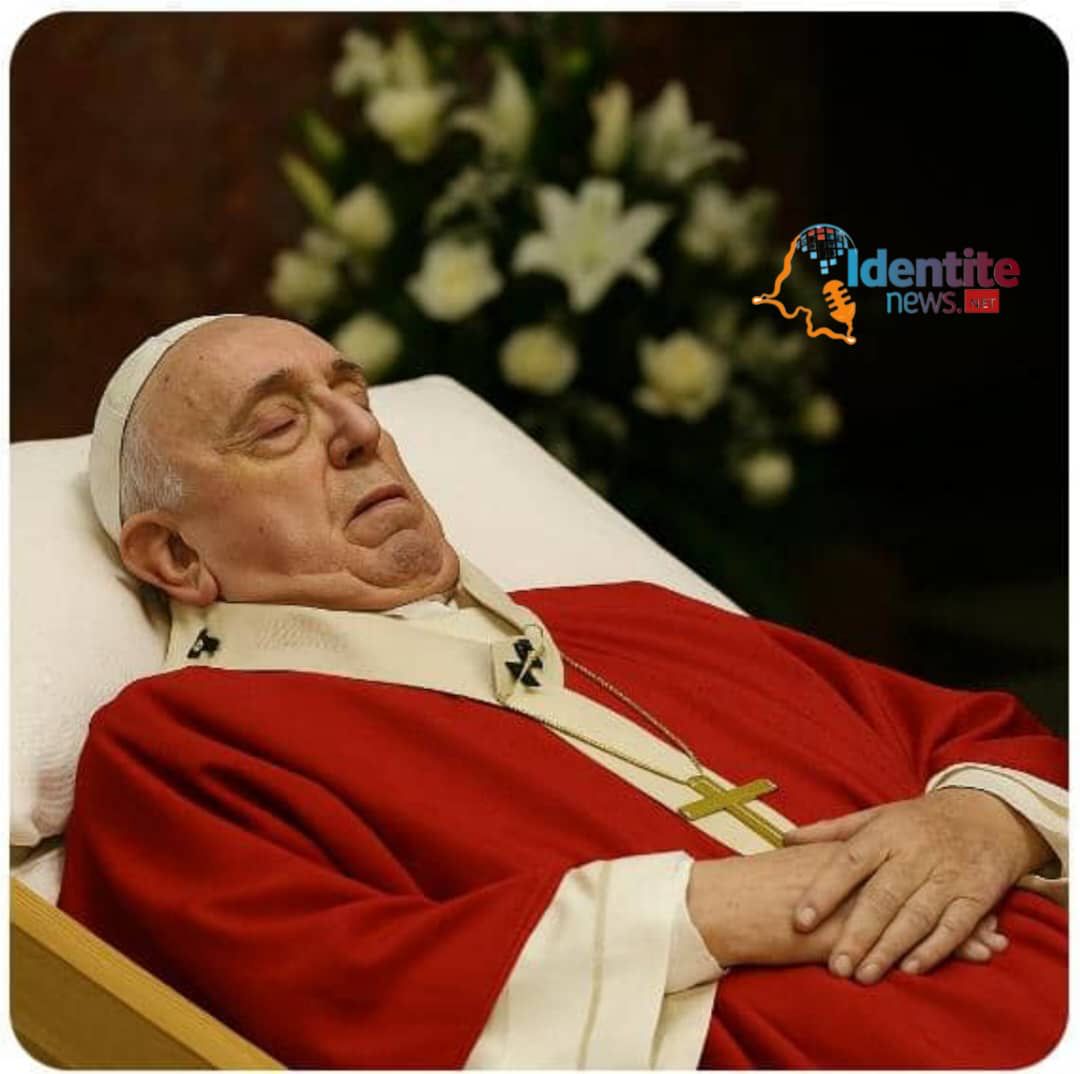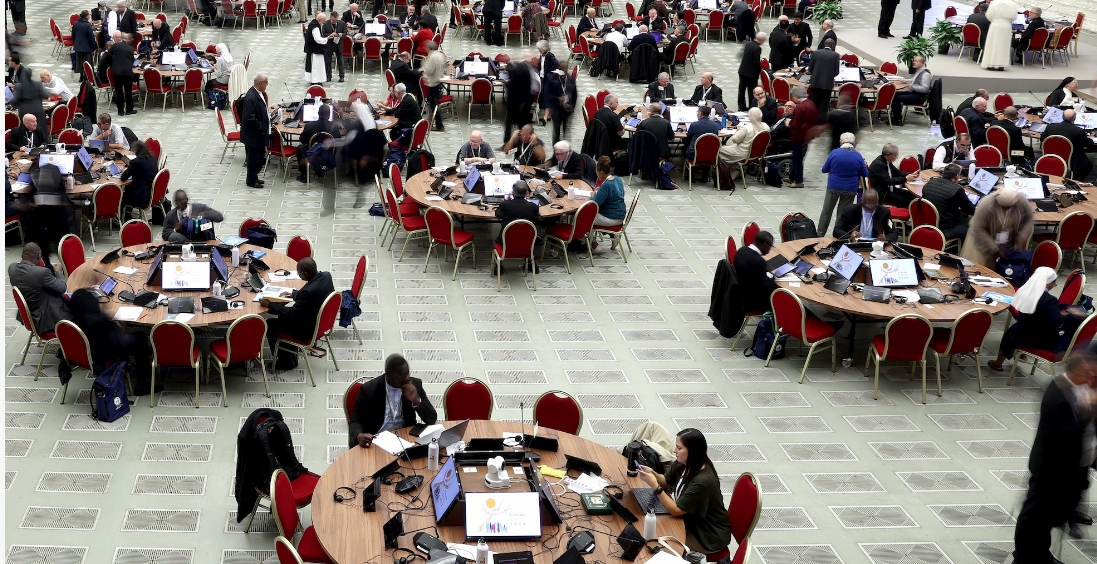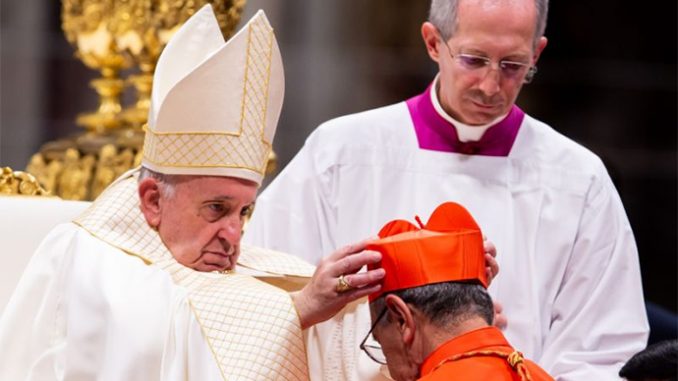From Joana Kumi, Cape Coast
The Catholic Church and millions around the world are mourning the death of Pope Francis, who passed away peacefully on Easter Monday morning, a day after delivering his final Urbi et Orbi blessing from the balcony of St. Peter’s Basilica.
The 88-year-old Pontiff had just completed a final round through the crowd in St. Peter’s Square on Easter Sunday, offering smiles, blessings, and prayers.
His sudden death has left many in shock, but his last public appearance, marked by warmth and peace, is now seen as a fitting farewell to a life that touched many.
Pope Francis, born Jorge Mario Bergoglio in Buenos Aires, Argentina, became the first Latin American and Jesuit Pope in 2013.
From the very beginning of his papacy, he placed a strong emphasis on mercy, calling it “the air we breathe” and “our liberation and our happiness.”
He once said, “We need to forgive, because we need to be forgiven.” That message, simple yet powerful, defined his pontificate. Whether speaking from the Vatican, visiting prisons, or embracing migrants and the poor, Francis consistently pointed to mercy as the heart of the Gospel.
In his first Angelus as Pope, he shared the story of an elderly woman who once told him: “The Lord forgives all things… If the Lord did not forgive everything, the world would not exist.” It was a belief he carried throughout his life and ministry.
His gestures often drew global attention—sometimes praise, other times criticism—as he reached out to those considered outcasts or sinners. Like Jesus with Zacchaeus, Francis believed in meeting people where they were, without preconditions.
He showed the world a Church that leads not with judgment, but with tenderness.
In a homily delivered in 2014, he reflected on the beauty of God’s mercy: “It is like the sky… when the sun comes in the morning with so much light, the stars are no longer seen.
So it is with God’s mercy: a great light of love, of tenderness.”
While mercy was the soul of his pontificate, Pope Francis also stood firm on other global issues—speaking out against war, championing the care of creation, and urging compassion for the poor. Yet, even within these themes, the call to mercy echoed.
The Vatican is expected to announce funeral arrangements in the coming days.
As the world reflects on his life, Pope Francis will be remembered not only as a reformer or world leader, but as a spiritual father who reminded humanity of the healing power of mercy.



